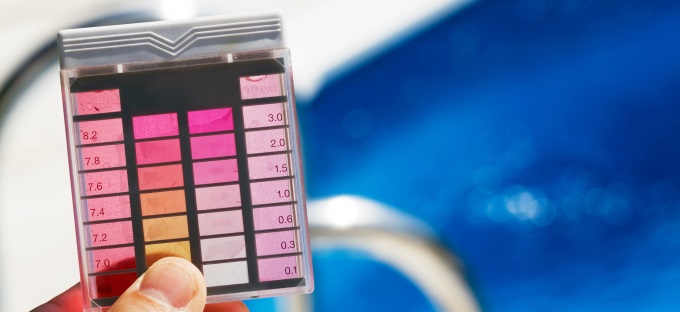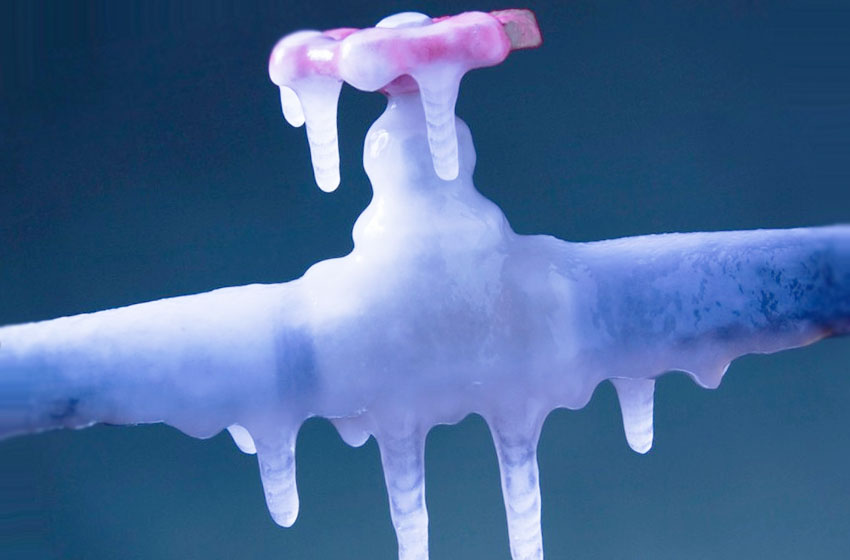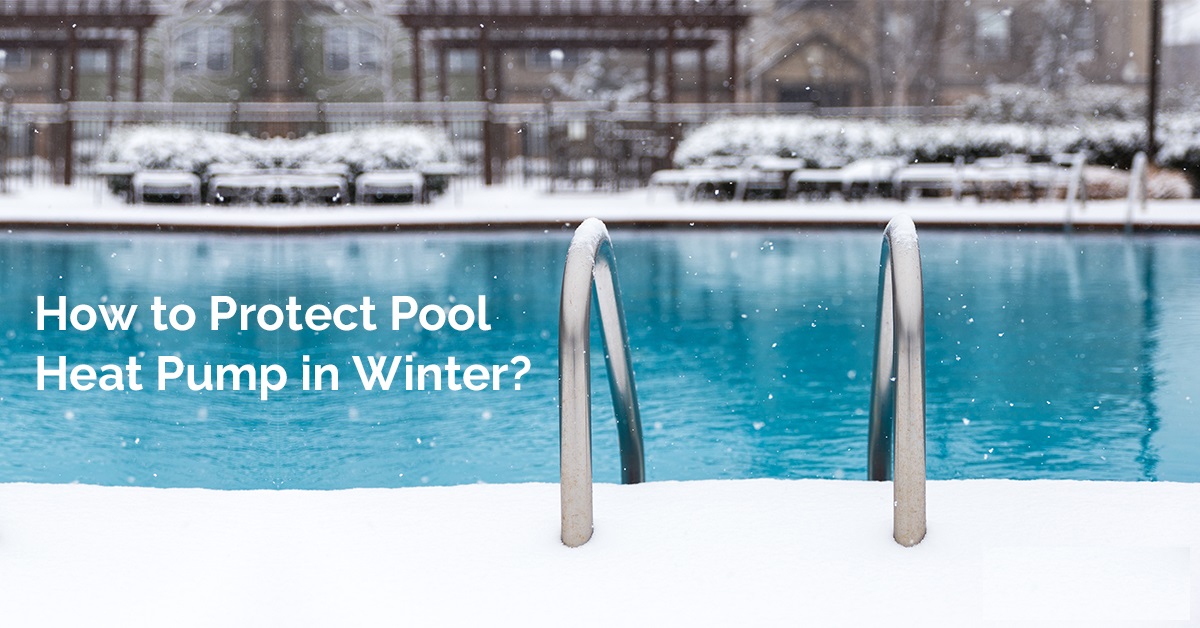Salt water pools are increasingly popular. Saltwater pools use less chlorine and are more eco-friendly, but they can be hard to keep clean if not cared for properly.
One of the main reasons they are so popular is because of their limited use of chlorine. Unlike traditional pools, which require chlorine to be poured into the water manually or released from a tablet, a saltwater pool has a generator that uses electrolysis to release chlorine gas from salt in the water.
Many swimmers think saltwater pools are more comfortable to swim in because of the lower amounts of chlorine in the water. The harsh smell of chlorine found in traditional pools is virtually nonexistent; it’s great for people with asthma, and others who are sensitive to the fumes.
There are multiple things to consider when getting a salt water pool. Even though salt water maintenance may seem more cumbersome, people who own salt water pools love them.
Salt water pool maintenance is different where the chlorine generator is concerned. A chlorine generator removes salt from a salt water pool, and also uses electrolysis to change hypochlorous acid. Chlorine is made from hypochlorous acid; this is important because it must have regular cleanings.
The chlorine generator will stop working if mineral deposits are not removed right away. A swimming pool can become contaminated if the chlorine generator stops functioning properly. Bacteria and algae begin to grow very quickly in pools that have not been treated, and can cause many problems with a salt water pool maintenance. Algae, in particular, can grow at an alarming rate and can be a health hazard.
Also of concern are levels of cyanuric acid, which keeps chlorine from being burned off by the sun. It is often too low in a salt water pool. It is often necessary to add higher levels of cyanuric acid during hot months, which can be damaging to plaster on pools and can cause skin irritations.
The water pump is also very important in salt water pool maintenance. It is not uncommon for salt from the salt water pool to get stuck in the water pump’s filter. If left untreated, over time it builds up and can crystallize. This can destroy the water pump. Many owners of salt water pools have had to deal with the issue of salt crystallization over the years; this is simply avoided by making sure the pipes that carry water away from, and into, the pool are cleaned every three or four months.
Although the task of salt water pool maintenance can seem daunting, most homeowners will find it fairly easy with proper guidance and direction, such as that found in Tropix Pools.























